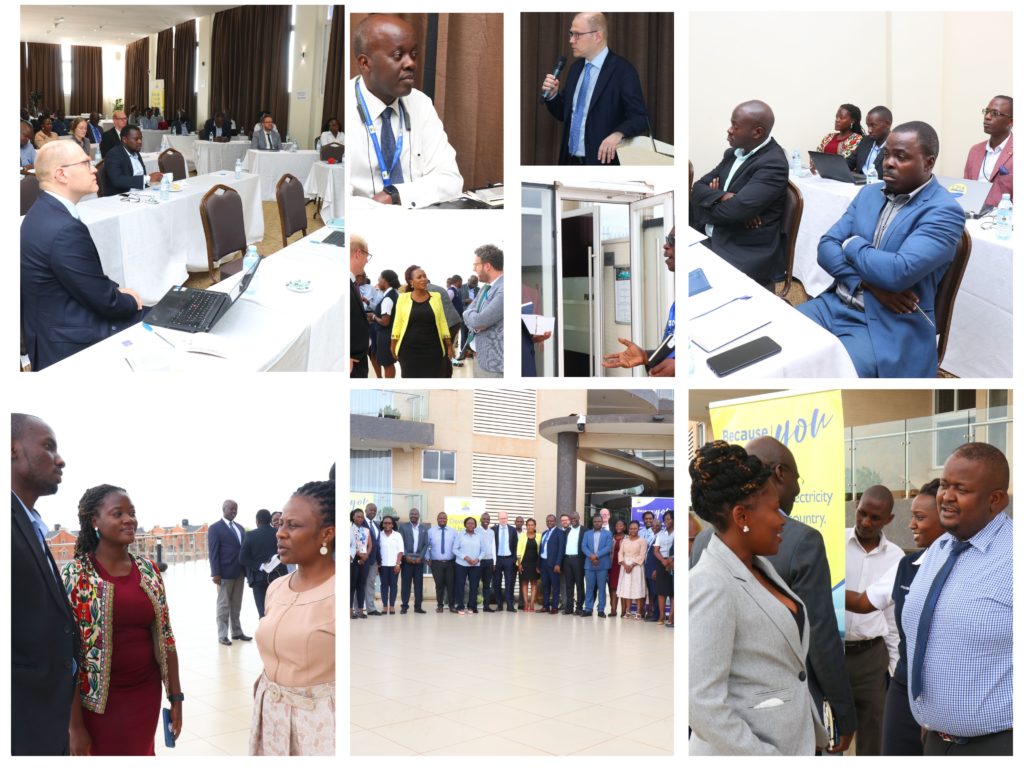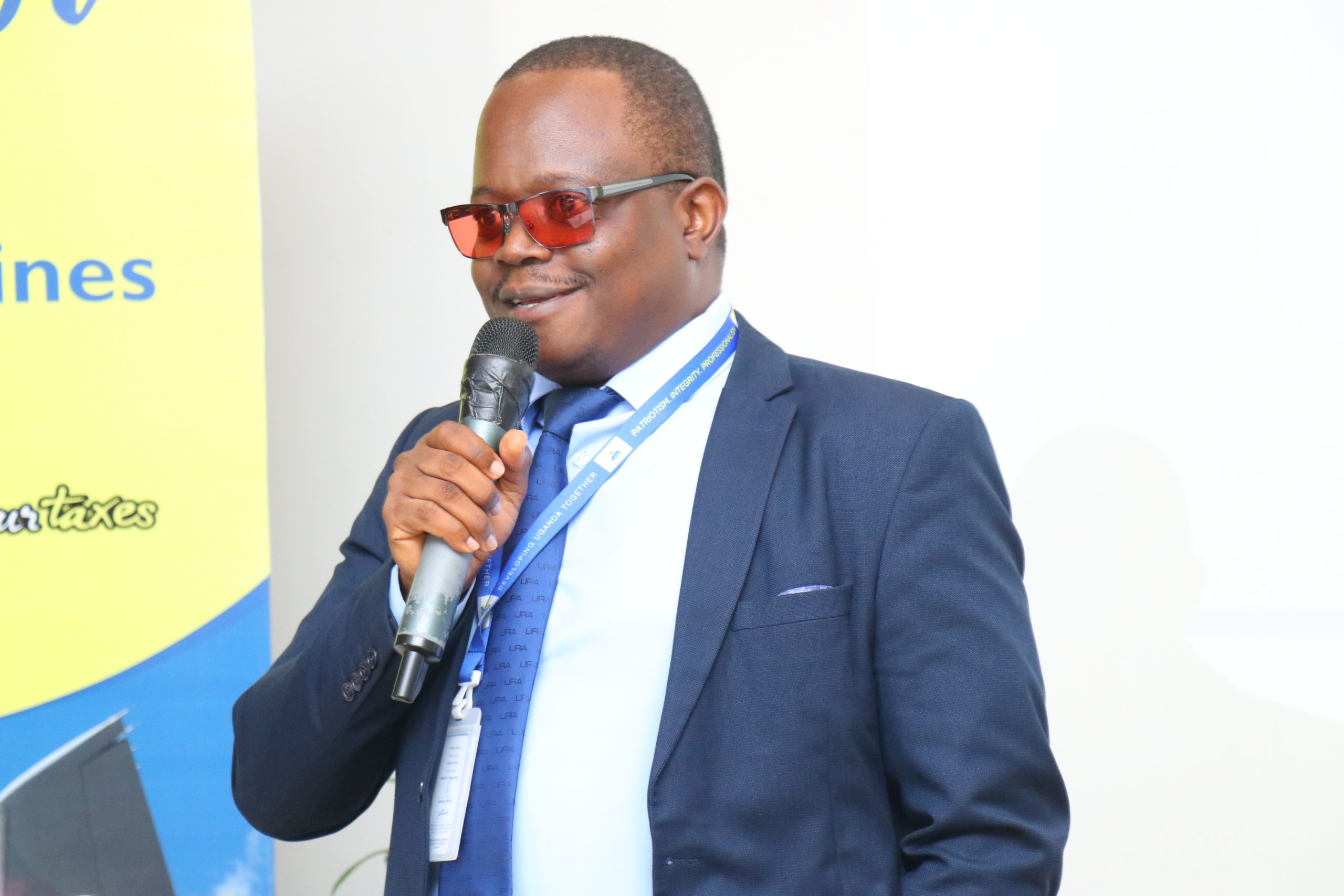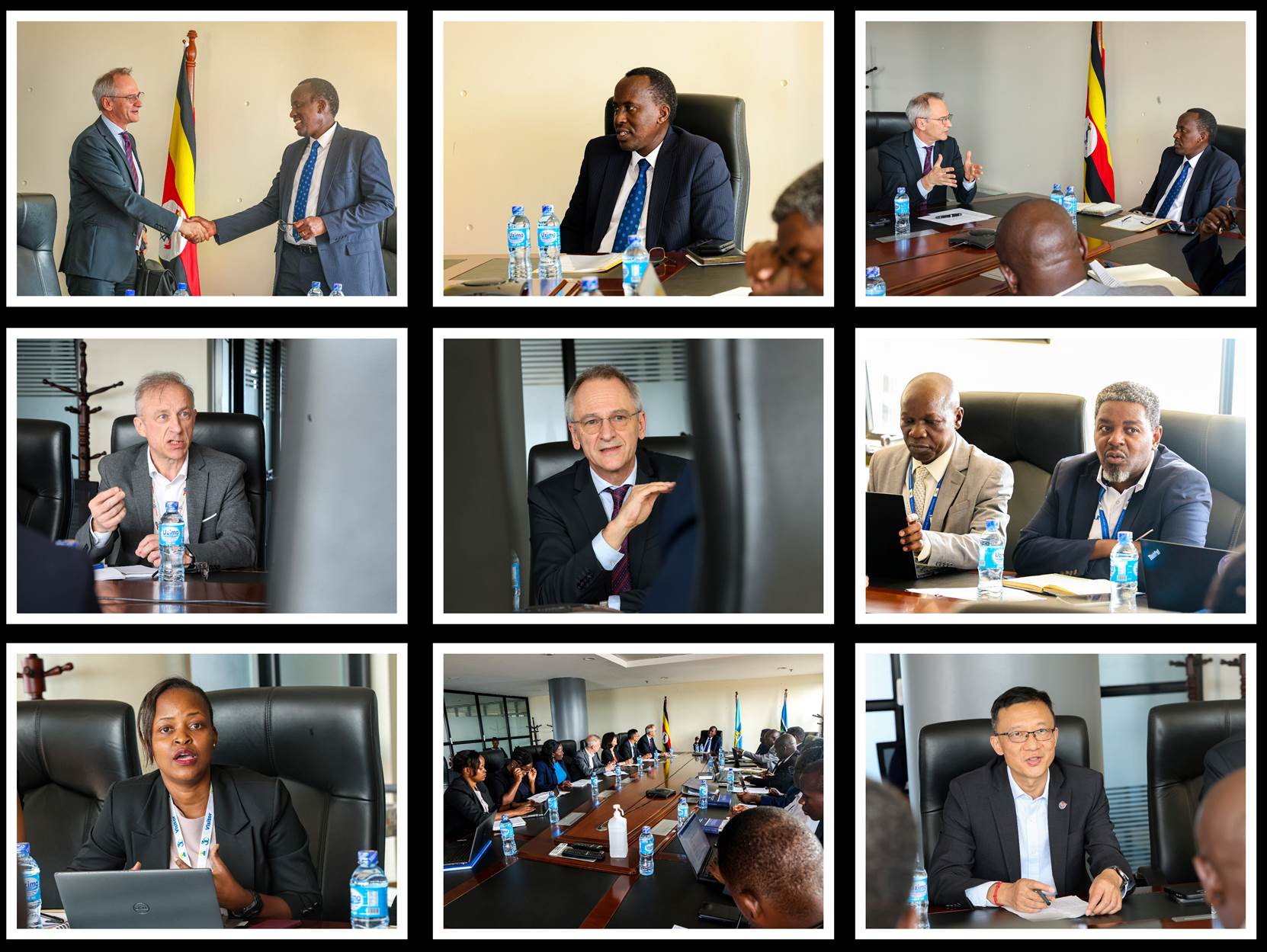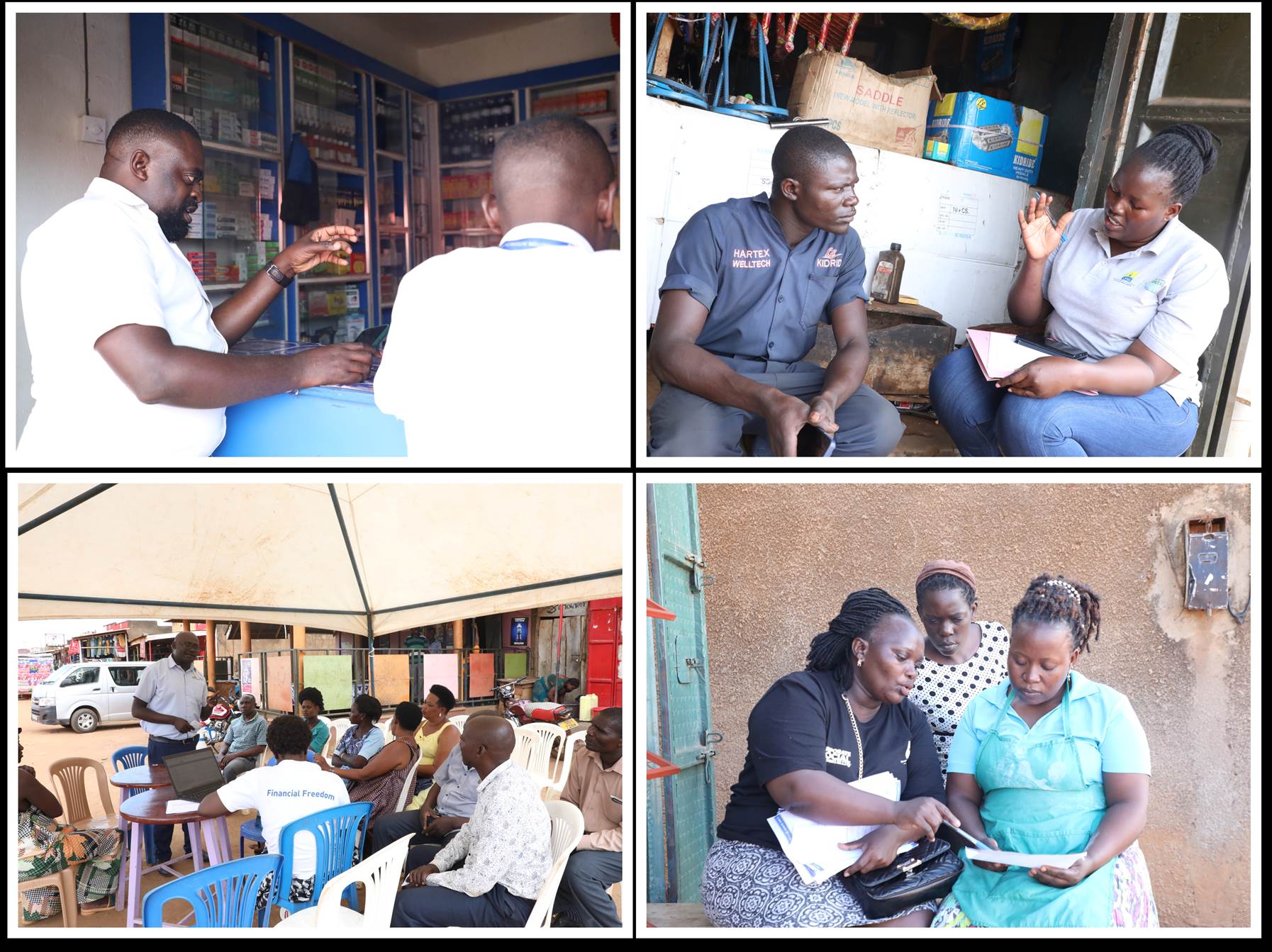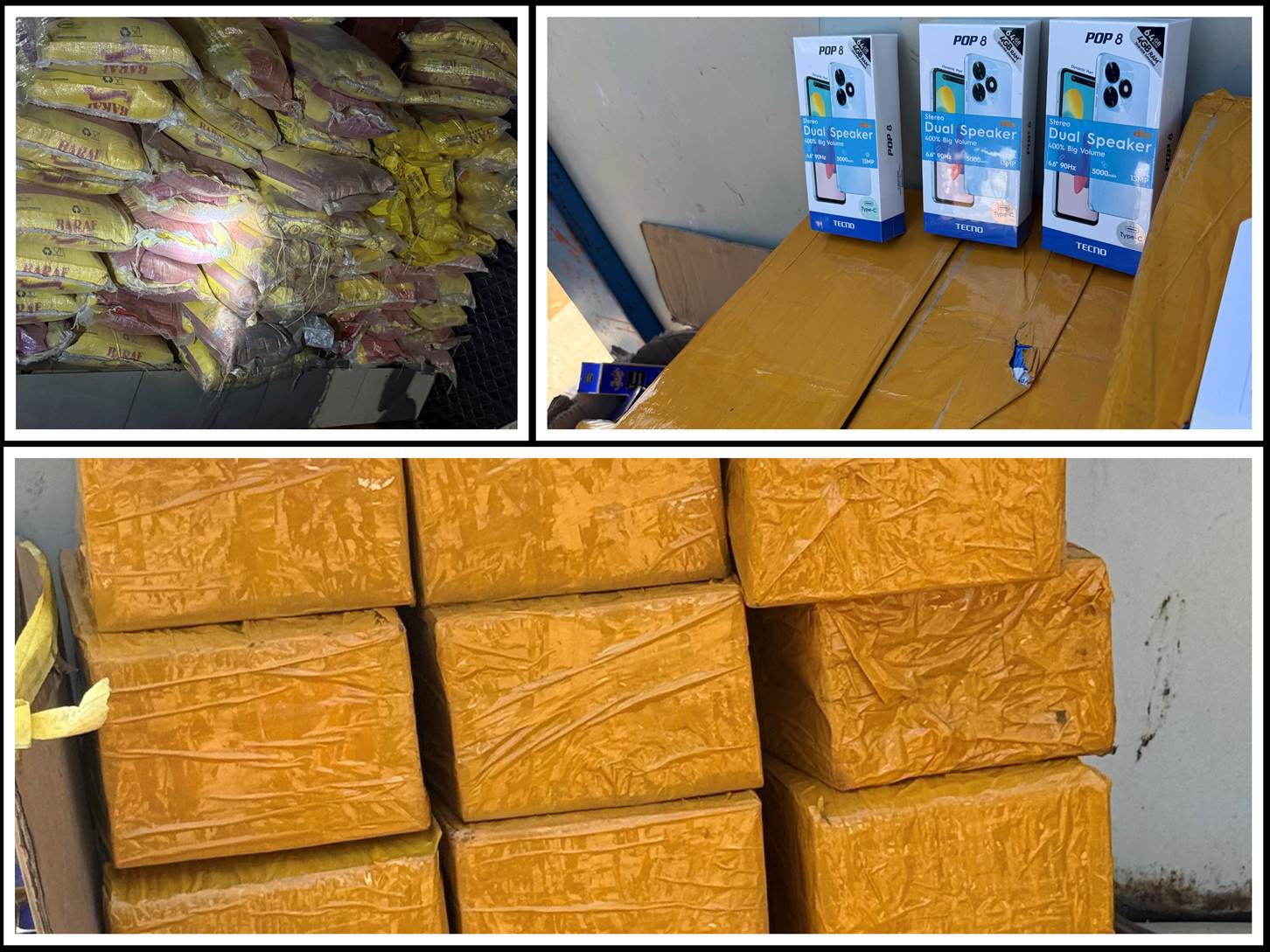By Florence Namuganza
The Uganda Revenue Authority (URA), in partnership with the United Nations University World Institute for Development Economics Research (UNU WIDER) have launched a Research Lab to ease data availability for research purposes and inform evidence-based tax policy and administration reforms.
The initiative is expected to cater for the growing needs of researchers in the academia, national and international entities, and also enhance skills and research capacity for URA’s internal stakeholders.
Robert Mutebi, the Commissioner for Information Technology and Innovation said the Lab will provide answers and insights on how various policy and administrative changes impact taxpayer behaviours and ultimately revenue.
“Changes in policy (both administrative and tax) have a profound impact on the behaviour of taxpayers. However, many policies are not empirically measured and analysed in Uganda’s context something which is largely attributed to limited technical capacity, lack of data and time constraint to create credible results,” Mutebi added.
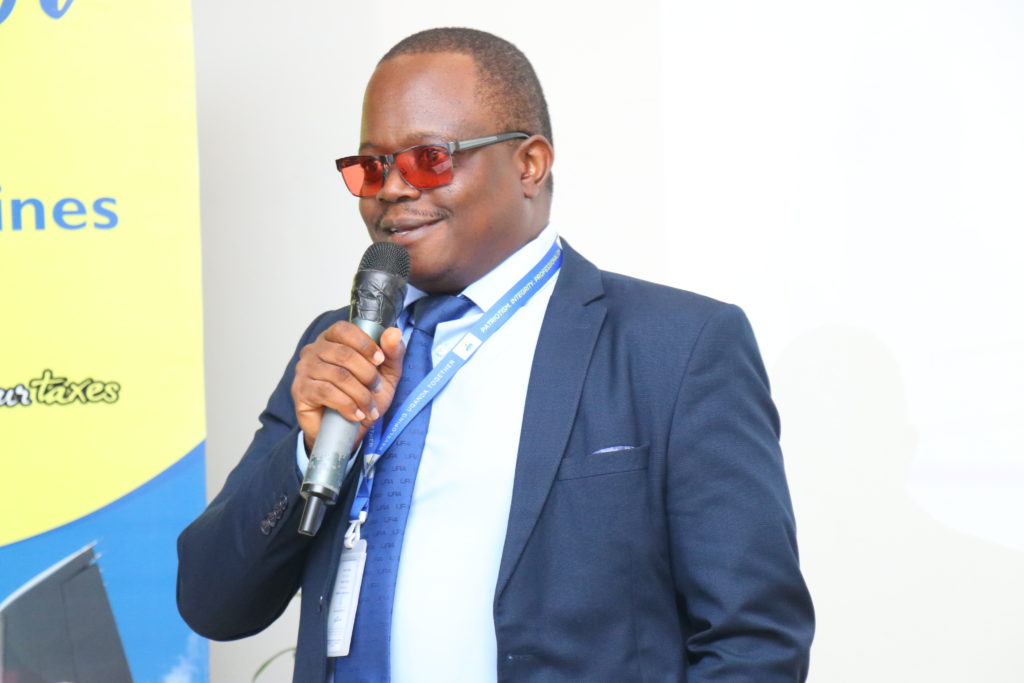
The event also launched a request for research proposals towards Analysis on firms and taxation using micro data from Uganda.
This theme will build policy-relevant research findings on the impact of tax and non-tax incentives on investment, value-addition, job creation, capital and labour intensity, and growth. Among other objectives, the research exercise will also provide economic analysis and insights on the impact of corporate tax policies on tax revenue, while guiding policy makers in policy adoption.
Interested researchers are expected to adequately address and communicate policy-relevant findings to the vetting committee, URA management and other relevant government entities in a summarised working paper.
Allen Nassanga, URA’s Assistant Commissioner for Research and Innovation, said assessment of successful proposals will consider relevance and practicability of the research proposal, strength of empirical and policy contributions, and ability to deliver within the timeframe. With the proposal submission deadline set for 27 June 2022, she further urged all researchers to strictly adhere to the timelines.
Nassanga added that researchers will be required to sign non-disclosure agreements in respect to confidentiality and abide by all restrictions imposed by URA and other government institutions
Successful proposal authors will be offered a research honorarium ranging from USD 4,000 to USD 10,000 upon delivery of a working paper and a one-page summary of main research findings. This will hinge on the qualifications of the lead researcher and assessment of the proposal.
Nassanga added that the proposal abstract should have 150 to 200 words and must be submitted electronically by email to researchproposal6@wider.unu.edu to rule out any bias which may arise from physical submissions.
